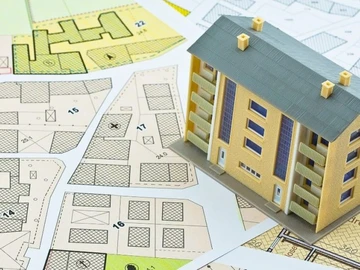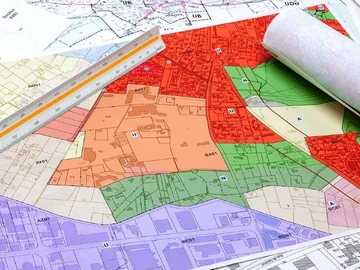Zimbabwe's property market is navigating a period of significant volatility, primarily driven by the instability of the Zimbabwean dollar (ZW$). This currency fluctuation has profound implications for both investors and prospective homeowners.
Currency Instability and Inflation Surge
In April 2024, Zimbabwe introduced the Zimbabwe Gold (ZiG), a gold-backed currency, replacing the rapidly depreciating ZW$. Despite this transition, the ZW$ experienced a sharp devaluation, losing over 40% of its value in a single month. Consequently, inflation surged to 37.2% in October 2024, significantly outpacing the 0.7% increase in U.S. dollar terms during the same period.
This rapid depreciation erodes purchasing power, making it challenging for Zimbabweans to afford property, especially in urban centers where demand is high.
Supply and Demand Dynamics
Despite economic challenges, Zimbabwe's real estate market is experiencing growth. The market is projected to reach $69.34 billion by 2025, though it may witness a negative annual growth rate of -3.96% from 2024–2028, resulting in a market volume of $58.99 billion.
The supply-demand imbalance is evident:
- Supply Constraints: Economic challenges, including hyperinflation and currency fluctuations, have led to a decline in new construction projects, resulting in a limited number of properties available for sale.
- Rising Demand: Population growth, urbanization, and investment are driving increased demand for properties.
This imbalance contributes to escalating property prices, making homeownership increasingly unattainable for many.
Construction Costs and Financing Challenges
The cost of building materials has escalated due to inflation and currency instability. For instance, a bag of cement that cost $10 in 2020 now costs around $15 to $20. Additionally, interest rates on mortgages are often prohibitively high, discouraging potential buyers from securing loans.
These factors deter developers from initiating new projects and limit access to affordable housing for the general populace.
Currency Preferences in Transactions
Due to the ZW$ instability, many property transactions are conducted in U.S. dollars. This preference excludes a significant portion of the population who cannot afford to transact in foreign currency, thereby limiting their access to the property market.
Mortgage Market Constraints
In 2023, mortgages accounted for only 8.85% of total loans issued by banks. This limited access to mortgage financing, coupled with high interest rates and stringent lending requirements, makes homeownership a distant dream for many Zimbabweans.
Future Outlook
While the property market shows signs of growth, the ongoing ZW$ instability poses significant challenges. To navigate this volatile landscape, investors and potential homeowners should:
- Diversify Investments: Consider investing in real estate in areas with stable economic conditions.
- Monitor Currency Trends: Stay informed about currency fluctuations to make timely investment decisions.
- Explore Alternative Financing: Look into non-traditional financing options to mitigate the impact of high-interest rates.
In conclusion, while the ZW$ instability presents challenges, it also underscores the importance of strategic planning and informed decision-making in Zimbabwe's property market.
 Continue with Facebook
Continue with Facebook
 Continue with Email
Continue with Email














